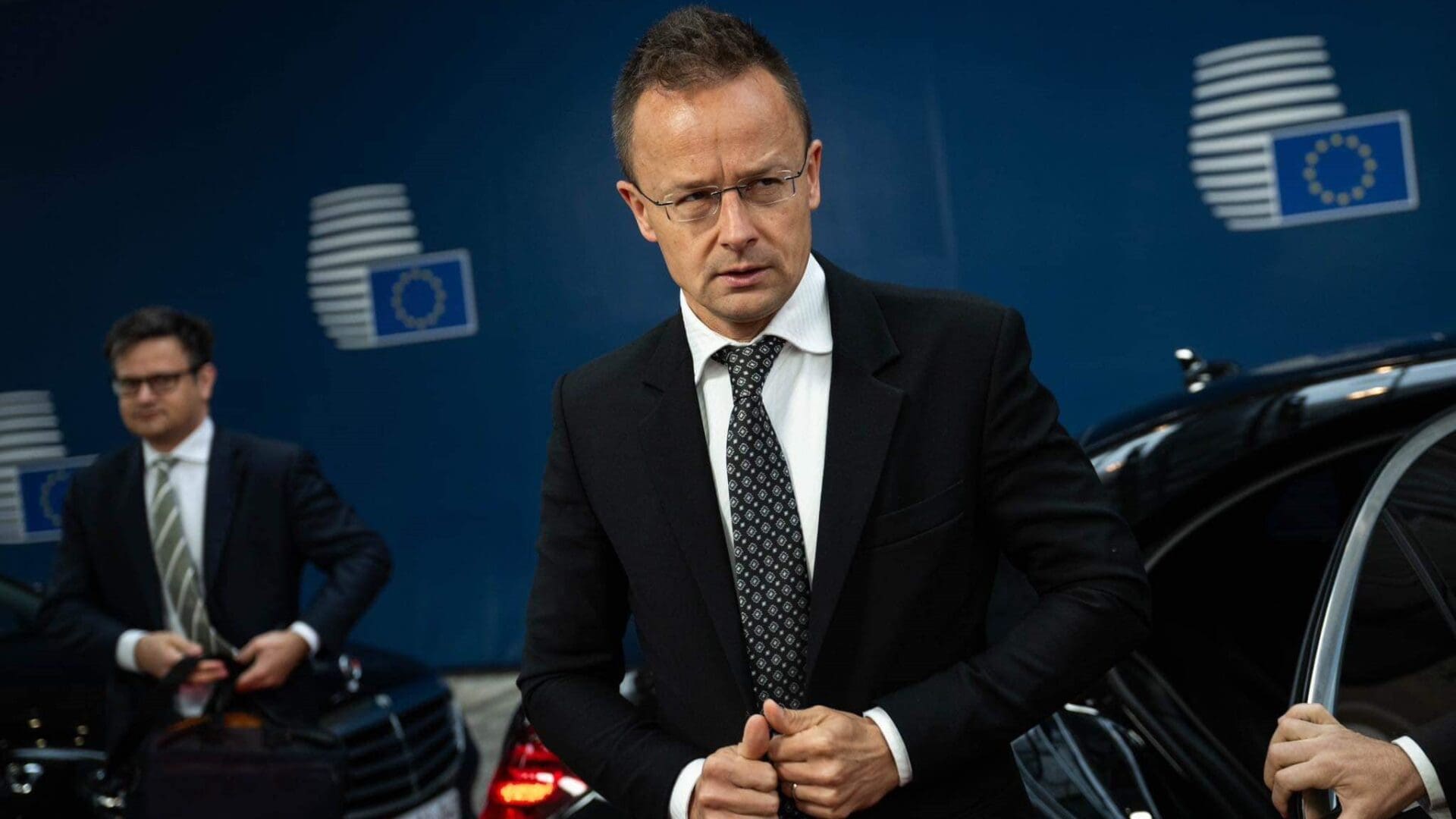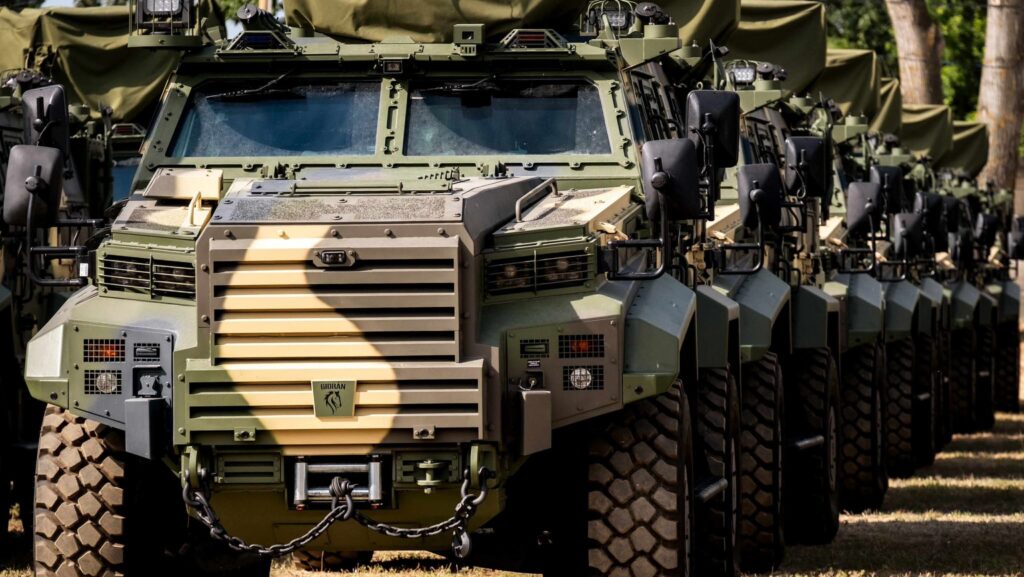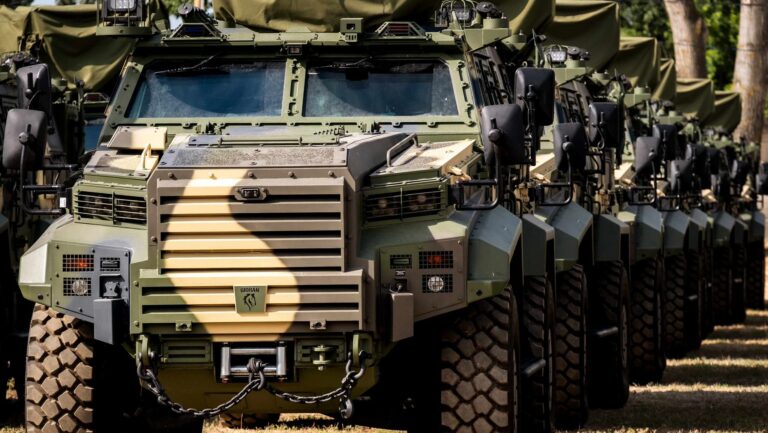EU foreign ministers met again in a tense atmosphere, according to both Hungarian Minister of Foreign Affairs and Trade Péter Szijjártó and POLITICO. At the heart of the tensions are familiar reasons: the other member states, which support Ukraine in all forms and by any means, are unable to accept Hungary’s consistent pro-peace stance since the outbreak of the war. They are trying to put pressure on Hungary over the next sanctions package and further military and financial support for Kyiv.
Following Monday’s meeting of EU foreign ministers in Brussels, Foreign Minister Szijjártó stated that the fourteenth package of sanctions against Russia, in its current form, is contrary to Hungary’s economic interests and would jeopardize the country’s energy security. Consequently, the government is not willing to vote for it. As reported by Hungarian Conservative earlier, the proposed sanctions would bar EU countries from re-exporting Russian liquefied natural gas (LNG), potentially depriving Moscow of significant profits.
‘In this form, the measures would deliver a severe blow to the domestic agricultural and food industry, fundamentally jeopardise the payment method for energy supply, significantly delay and complicate the Paks II. expansion, and seriously infringe on Hungary’s sovereignty by granting certain export licences to other member states at the discretion of the export authorities of the country concerned,’
FM Szijjártó pointed out.
However, the clash between Hungarian and EU interests was not limited to the sanctions package. According to POLITICO, diplomats had hoped to finalize a new €6.6 billion package ahead of this week’s meetings of foreign and defence ministers in Brussels. The deal included €860 million for arms procurement. These funds were intended for Ukraine as part of the European Peace Facility (EPF), but Hungary continues to block the package.
Szijjártó noted after Monday’s meeting that he had been under enormous pressure from his colleagues, but he remained firm on the government’s position regarding the release of an additional €6.6 billion from the European Peace Facility for arms transfers to Ukraine.
‘There was a huge row here, with German, Lithuanian, Irish, Polish, and other colleagues putting immense pressure on me over this issue, but it didn’t sway our position. No matter how much Europe’s pro-war politicians shout, and no matter how quickly the international press is ordered to write about the meeting while we are still discussing the agenda,
we will not give in to pro-war pressure,’
he said.
‘We continue to insist on the need to make peace, to stop the senseless killing, and to prevent the escalation of this war, so we have not contributed to the release of another €6.5 billion to finance arms shipments to Ukraine,’ he added. In this context, Szijjártó also pointed out that Hungarian companies were still being systematically discriminated against in Ukraine, which he said was totally unacceptable.
According to POLITICO, EU foreign ministers were outspoken in their attacks on the Hungarian government and Szijjártó for one reason, which is important to note: Hungary’s pro-peace stance, which has been known since the outbreak of the war.
‘I would urge Hungary to unblock the EPF,’ Danish Foreign Minister Lars Løkke Rasmussen told POLITICO during a break in the meeting.
Lithuanian Foreign Minister Gabrielius Landsbergis called
Hungary’s attitude a structural problem for the bloc.
‘We have to be transparent about what Hungary’s position currently is and has been,’ he said, adding: ‘Almost all of our discussions and necessary solutions and decisions by the EU are being blocked by just one country. So we have to start seeing this as a systematic approach against any efforts by the EU to have any meaningful role in foreign affairs.’
However, there are indications that Szijjártó was not the only one who represented the pro-peace position at the meeting. The Hungarian FM shared a picture on Facebook of him talking to Slovak Foreign Minister Juraj Blanár, captioned: ‘Hungary and Slovakia. Two sane voices in a mad war psychosis...’
With Robert Fico’s government coming to power, Slovakia’s policy towards Ukraine has taken an 180-degree turn. Fico’s campaign prioritized halting arms shipments, a promise he has kept. Following the assassination attempt on Fico two weeks ago, Hungarian Prime Minister Viktor Orbán stated that the Slovak prime minister’s ouster was a ‘political blow,’ as the only pro-peace leader other than Orbán had been eliminated from the fray ahead of the crucial EP elections in June.
Related articles:








